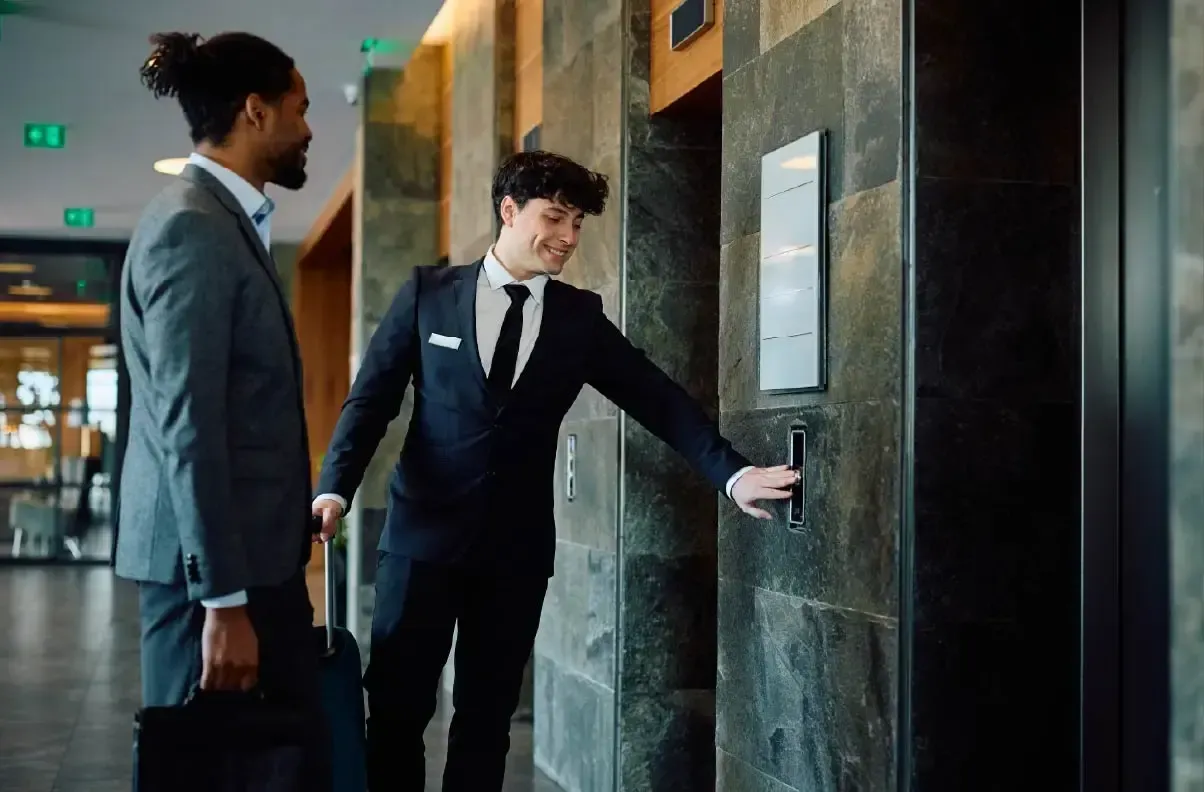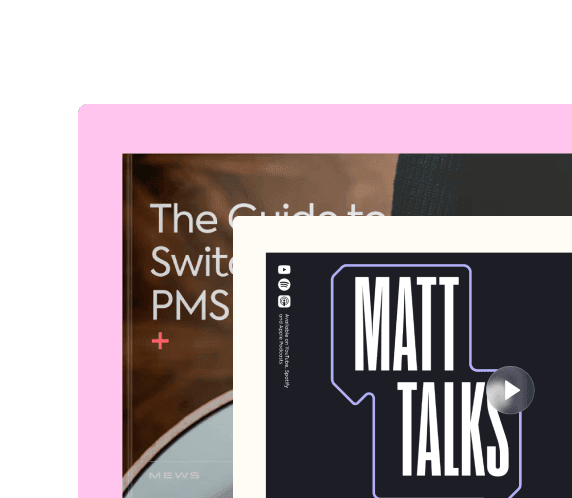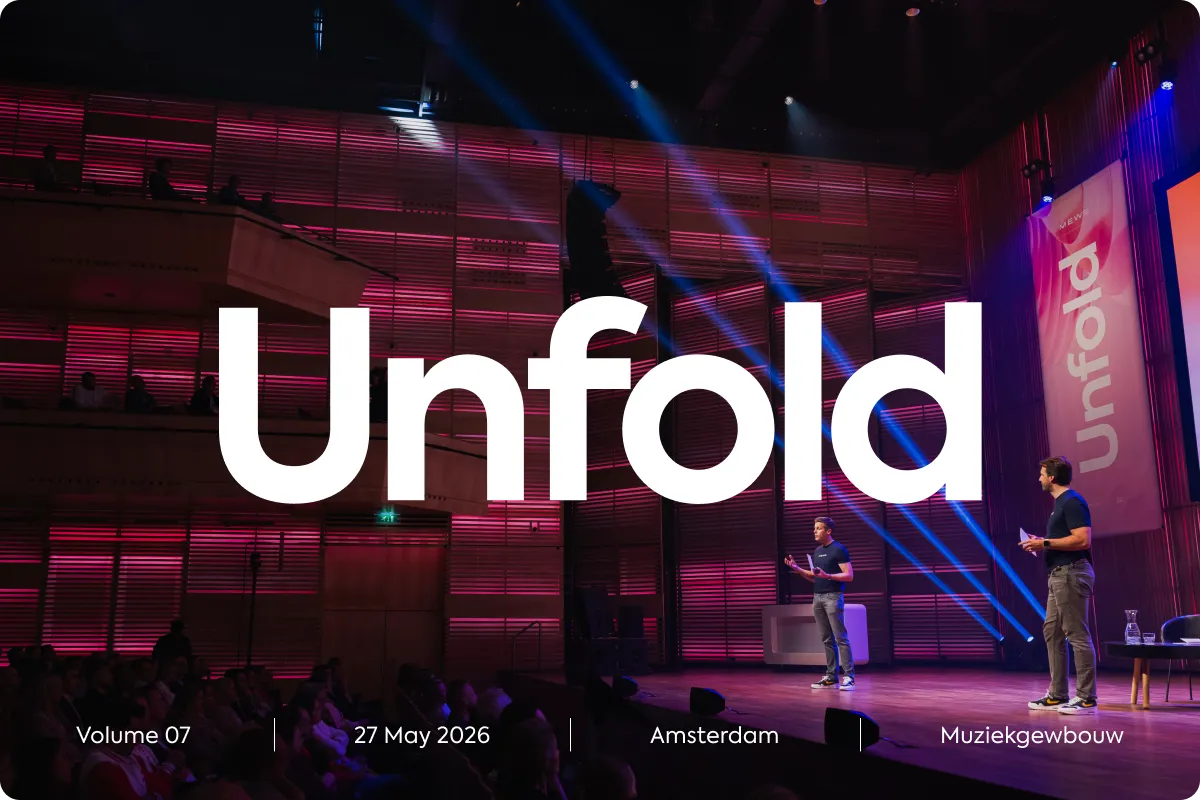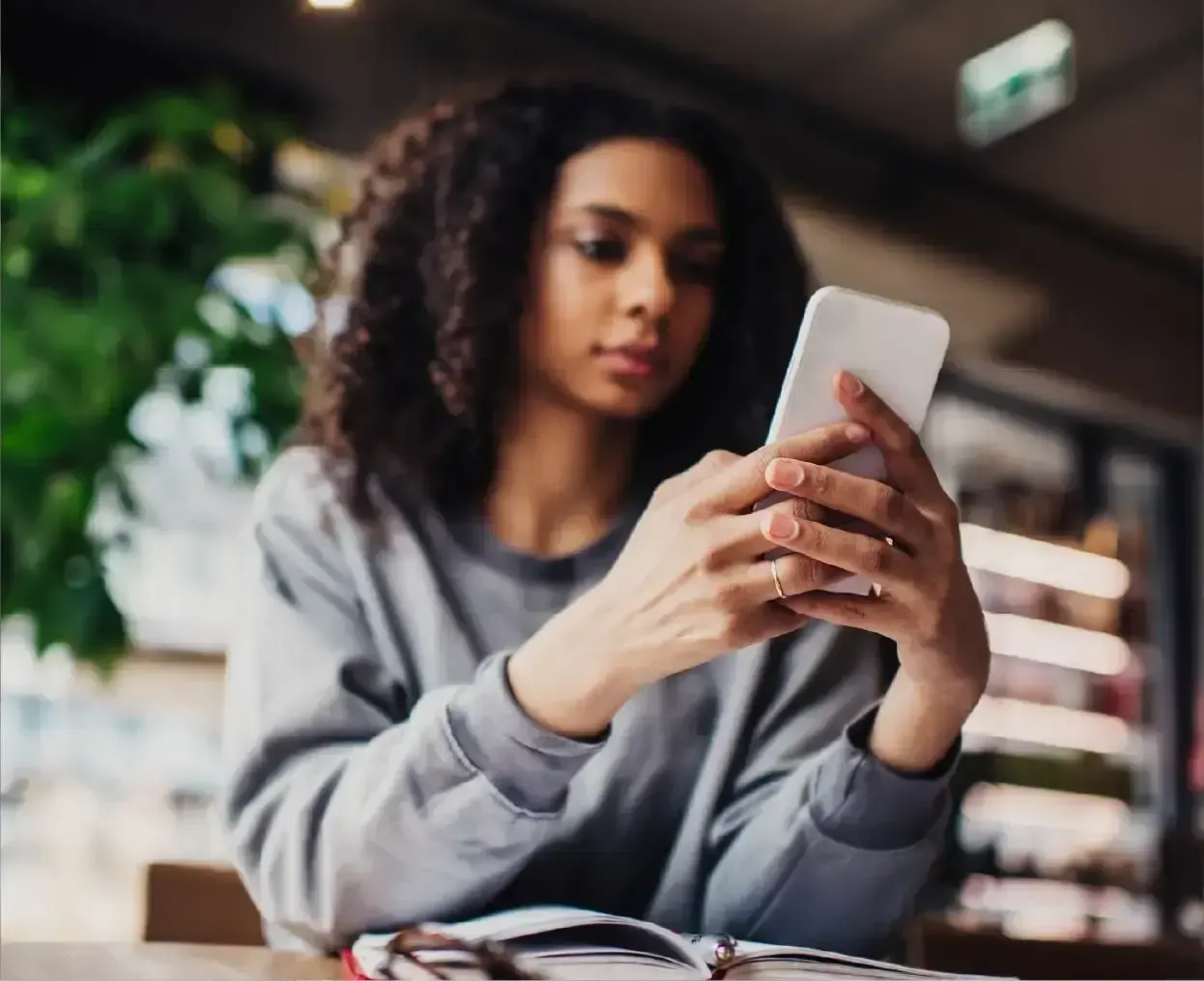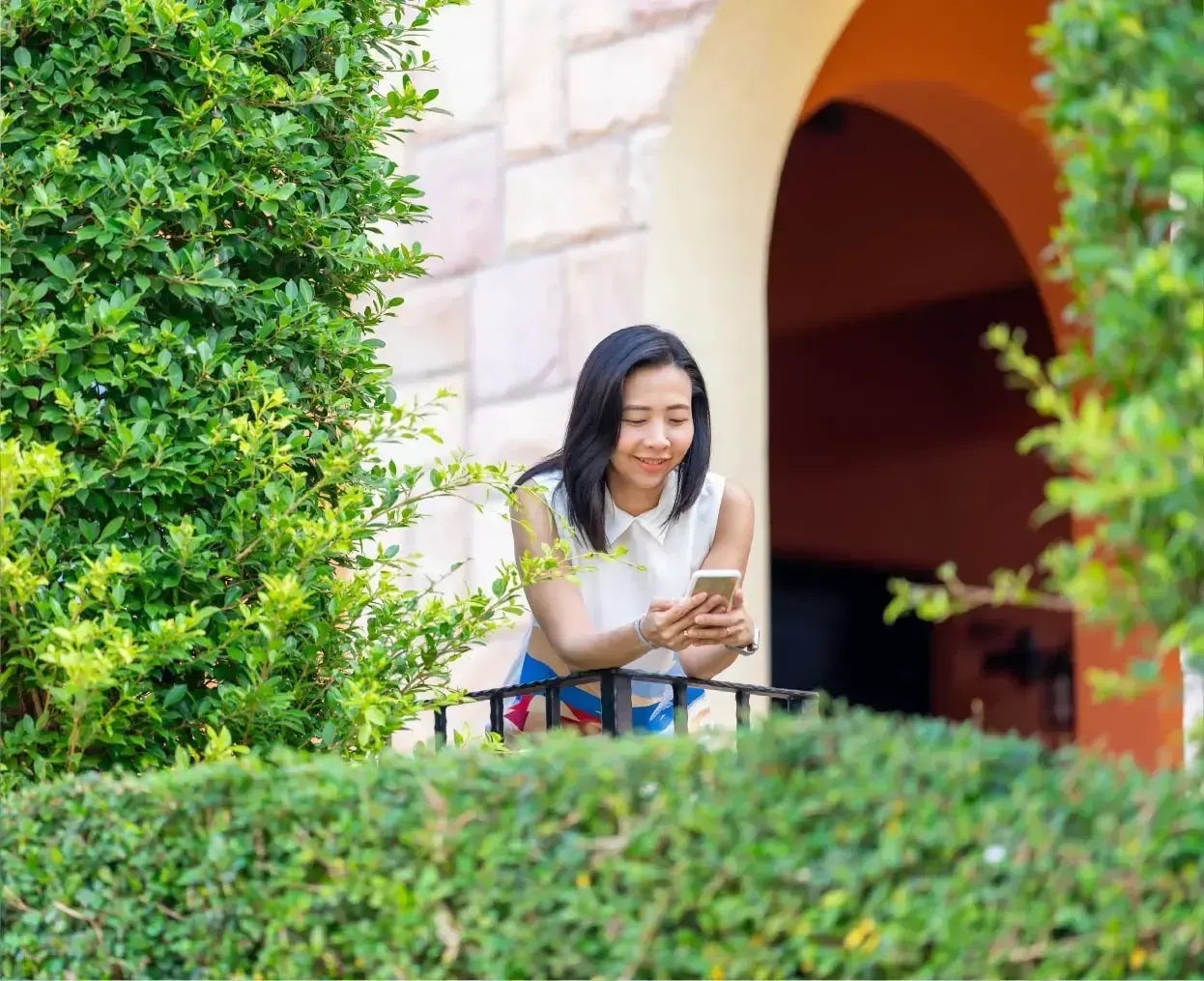Social media marketing for hotels is key to increasing visibility, boosting direct bookings, and improving brand awareness. With more guests interacting with social media regularly and getting inspiration for their next trip, it has become an integral part of any marketing strategy.
By posting regularly across your channels, potential and regular customers have the chance to interact with your brand, giving you the chance to show your worth. As well as this, it allows the chance to connect with these users on a deeper level. Through an optimal strategy that practices consistency, you can help your properties drive more bookings.
In this article, we’ll discuss the best social media marketing strategies for hotels, including how to create an overall social media strategy, as well as those specific strategies for each social network.
What is a social media marketing strategy?
Social media marketing is a realm of digital marketing that focuses on the strategic use of social media platforms like X, Facebook, TikTok, YouTube, Instagram or LinkedIn to interact with customers, helping you to build your hotel brand, increase sales and drive traffic to your website.
Within SMM there are different types of marketing efforts, including: Content Marketing/Content Creation, Advertising/Sponsorship, Influencer Marketing, Social Media Management and Paid Social Media Marketing. All these actions will help you to better engage with existing customers and leads, as well as prospective guests who are in the consideration phase of their buyer journey.
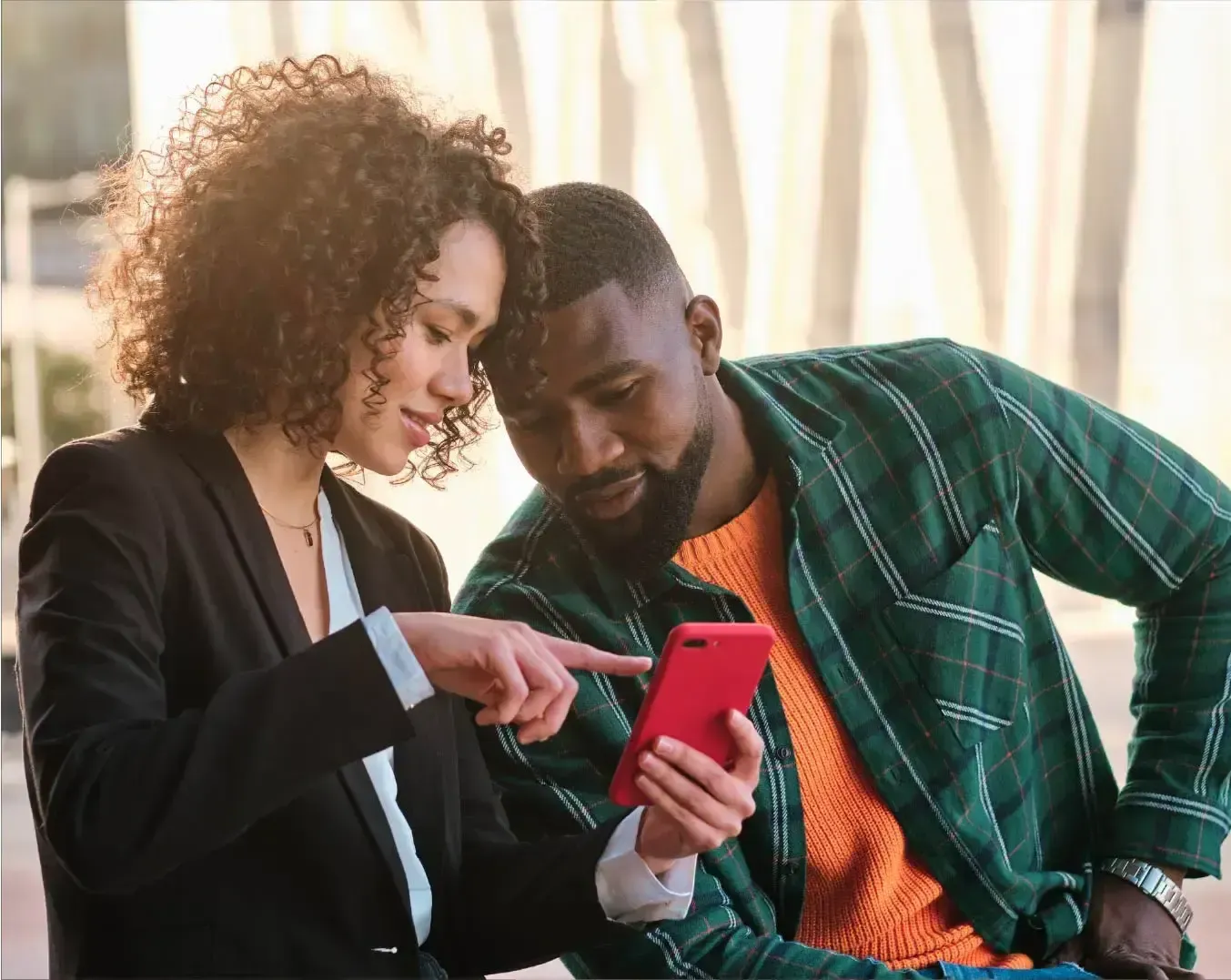
Why is social media marketing important in hospitality?
Social Media Marketing is important in the hospitality industry for many reasons. By creating engaging content across your channels, your hotel brand can significantly increase its visibility. This expanded presence allows you to increase your brand awareness, engage current and prospective guests, manage your brand reputation and boost your overall number of customers.
How to create the best social media marketing strategies for hotels
Social media marketing strategies can be developed on a global level or tailored specifically to each individual channel. It’s important to have a team dedicated to social media marketing that is deeply connected to your brand, knows the ins and outs, and is able to transmit this dedication when designing the strategy.
Most important social media channels
1. Facebook
Facebook may have gone out of fashion for millennials, but it remains an important channel for hoteliers because there are no limits in terms of words or video size. Plus, now that Instagram and Facebook have fused, you can create paid campaigns and promote them between both channels.
Use pictures of the hotel’s interior and exterior, post stories, live videos, special offers and promotions on Facebook. Encourage guests to put location tags or to tag you in their photos and videos in exchange for a reward so that you can boost engagement. You can also run contests to keep guests interacting.
2. LinkedIn
LinkedIn is a great channel for sharing professional content that’s relevant to the hospitality industry. Why should you use LinkedIn? Because it’s where the business professionals are. You can use it as a tool to promote your space for special events and conferences. Plus, you can connect with businesses in order to form partnerships. Additionally, LinkedIn allows you to showcase industry expertise through thought leadership posts and articles, as well as get involved in the latest industry trends and opportunities.
3. TripAdvisor
TripAdvisor is a must as part of your strategy. As the website receives 463 million unique visitors each month and has a huge community of followers, it’s a tremendous tool for your marketing efforts. The more bookings you have, the more reviews you’ll get, so it’s a great way to spread word of mouth organically.
4. Instagram
Instagram is without a doubt one of the most important channels today. It’s a great tool for keeping your users constantly engaged with your brand.
You can use it to answer questions, repost user content, give updates about your hotel and highlight key things such as discounts, deals, polls, and behind-the-scenes videos. It can help to have a unique hashtag too, as prospective guests will rely on this in their pre-trip planning phase. Finally, make sure you have a business account so you can reach a larger audience and take advantage of Instagram’s advanced analytics and promotional tools.
5. YouTube
YouTube has 2 billion users monthly and is the second largest search engine after Google. No social media marketing strategy is complete without designing a plan for YouTube. You can use YouTube to drive traffic to direct channels and reach potential guests by posting video tours, testimonials, timelapse videos, or even a special hotel music mix like the Buddha Bar Lounge. It’s a key tool to give a better feel for the amenities and services offered and creates a sense of excitement about the hotel experience.
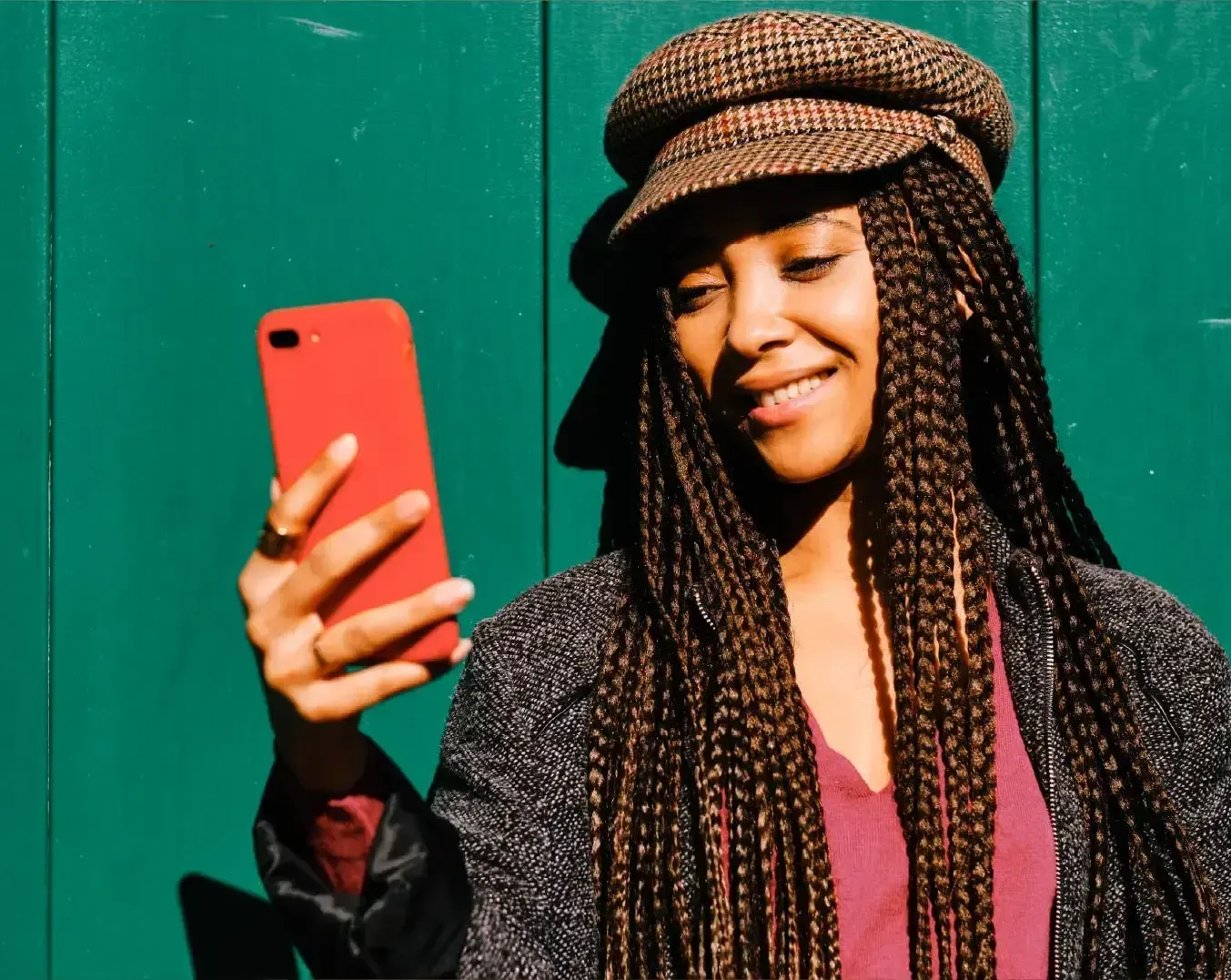
15 powerful social media strategies for hotels
1. Plan around seasonality
When you start planning your strategy, make sure you plan around seasonality. Seasonality can refer to what to publish based on different holidays and can also refer to a strategy based on low, mid-season and peak seasons. Your content will change based on the time of year and what you are trying to accomplish.
In low season, you’ll want to drive bookings by sharing promotions or special thematic packages based on the time of year. During high season, on the other hand, you may use your social channels to promote your hotel as the “place to be'' - so that people are more likely to book early so they don’t miss out on next year.
You can use the tools provided by your property management system to understand when revenue is low and make sure to maximize your profits through paid social media ads. Mews Operations allows you to optimize inventories and rates with flexible rules and use package rates that can help you decide which deals to offer on your different channels.
2. Use learnings from reputation management to constantly improve
TripAdvisor and Google are not only powerful tools to drive bookings but they’re also key to unlocking important learnings about where your hotel is lacking or where it’s excelling. Use what you learn on your social networks to make improvements to the hotel experience. Make sure to respond to all reviews, both positive and negative, so that users get a sense that the hotel cares about what their followers have to say. Most importantly, if you get an awesome review on TripAdvisor, share it with your followers, because no content is better social media marketing for hotels than that.
3. Create a human connection
Use your channels to give a face to your hotel, creating a human connection that allows potential guests to see the people behind your team. Highlight staff members once a week across your different channels to display the personalities and dedication within your team. Interact with guests by organizing raffles, contests, taking polls and asking them for feedback.
Engage your audience by finding out what they want to see more of: hotel room photos, nearby destinations, or restaurant tips. Involving your followers in your messaging makes them more invested in maintaining a relationship with your hotel. Additionally, tag your guests in the pictures you post to inspire them to follow you and repost your content.
4. Don’t underestimate the power of influencers
Influencers are real and here to stay. Identify the influencers in your area, or those capable of reaching your target audience. Before inviting them to stay at your property, make sure you have a solid plan in mind.
First, consider your budget, as this will help you determine what kind of influencer you can afford. Micro influencers may be willing to trade services, whereas macro influencers typically want the big bucks. Once you’ve established your budget, define your objectives. What are the KPIs you’re aiming for? Clearly outlining these goals will help you track and measure your success.
5. Videos
The saying goes “a picture is worth a thousand words” but in today’s world, we’re bombarded by images. Instead, think: “a video is worth a million words”. Videos have the power to inspire engagement, prolong the time that users spend on your page, and are more likely to be shared and go viral. Therefore, allocating resources for high-quality videos in your budget is a must.
6. Define your brand identity and unique selling points
Make sure you’re consistently transmitting your brand’s identity and unique selling points on social media channels. The more guests that can relate to your brand and its unique offering, the more likely they are to choose your hotel over the competition. Social media is a great place to visually portray those brand values and USPs.
7. Choose social media channels carefully
It’s better to be present and consistent on a few channels than be on every channel inconsistently. Make sure you're familiar with each platform and the kind of content that you should post on each of them. Depending on who your target audience is, you can then choose to adjust your content and channel use accordingly.
For instance, younger guests tend to strongly resonate with video content. If your property, such as a youth hostel, caters to this demographic, establishing a presence on platforms like TikTok and YouTube is essential. Millennials, on the other hand, are typically always connected on their phones, so regularly posting stories on platforms like Instagram and X can be particularly effective.
8. Empathize with your target audience
Know your target audience’s pain points and find ways to show how your hotel is the solution. You can then create high value content that tells this story. Your social media channels will be perused by different types of travelers, so it’s a good idea to have something for everyone and empathize with their needs.
For example, digital nomads might be looking for a home-away-from-home. You could create a “Day in the life of” series where you portray what it looks like for a digital nomad to stay at your property from the time they wake up in the morning and visit the coffee kiosk downstairs, to sitting down at the coworking located next to the reception. Similarly, you might want to show how it’s the sort of place where you can meet other like-minded people.
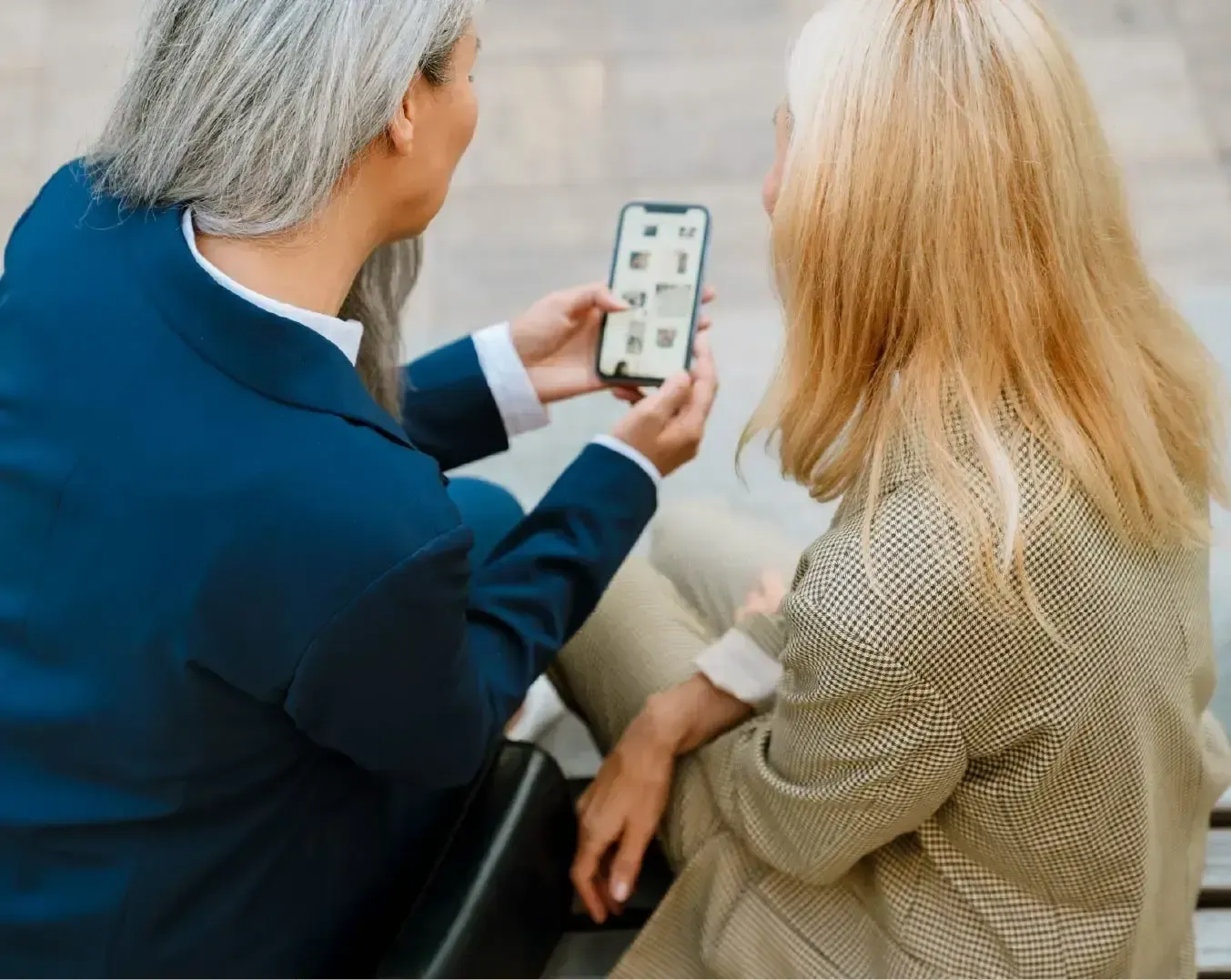
9. Choose when to post wisely
Engagement is one of the metrics that the social media algorithm rewards you for, so choosing the time you post is important to ensure more users will see your posts. During the weekdays, mornings are usually best. But ultimately, the best times to post will depend on the platform.
For Instagram, it’s suggested that Tuesdays and Wednesdays are the best days to post, while Sundays are least favorable. On LinkedIn, you can anticipate traction any time during the workday from Tuesdays to Thursdays, with weekends being the worst.
10. User-generated content is key
User-generated content is when guests share pictures and videos of their hotel stay without your hotel having to do anything. They may tag you or include a hashtag, or they may leave a review. This is a great way to boost your brand organically and grow your brand recognition.
Be sure to re-post and re-share to spread the word and encourage other guests to do the same. Maybe you even have a day of the week on social media dedicated to user-generated content.
11. Engage with your online community
Engagement goes beyond just user-generated content. It's important to interact whenever someone mentions your hotel, uses a hashtag related to your brand, or adds your location to a post. This active engagement is crucial for enhancing your online presence and reaching a larger audience. Additionally, when you reshare user-generated content, be sure to mention and thank the followers who contributed, fostering a sense of community and appreciation.
12. Have clear KPIs to measure success
Every hotel’s KPIs will be different but it’s important to have clear metrics in place so you can measure the success of your efforts. Metrics like follower growth, engagement, reach and impressions, conversion rate and click-through-rate, will all give a realistic pulse on how well your hotel’s social media efforts are performing.
13. Make content that is useful and shareable
The more useful and shareable your content is, the higher your engagement is likely to be. From city guides to the best tours and local language tips, this type of content can increase the likelihood of guests engaging and sharing, thereby amplifying your reach.
14. Create competitions and giveaways
Competitions and giveaways will boost engagement and give guests a reason to check your social media channels regularly. Consider raffling off a free night's stay or inviting guests to tag a friend they'd like to enjoy a spa day with, along with a hotel stay. This approach not only encourages active participation but also helps broaden your audience and gain more followers on your channels.
15. Complement organic with paid efforts
Sometimes, organic posts can only take you so far. Consider integrating paid advertising, such as Facebook and Instagram Ads, into your strategy. You can even invest in boosting specific posts that you really want your users to see. The more targeted these efforts are by interests, demographics, and location, the better results you will see.
Conclusion
Social media marketing for hotels is one of the most powerful tools to drive traffic to your website, so make sure you use it to your advantage. Use it to create a human connection and to interact regularly with your guests.
Whether you decide to choose a global strategy to use across all your channels or different messages designed for each specific channel, high-quality content is key. This approach gives you boosted visibility, drives bookings, and keeps guests interacting with your brand throughout the whole customer journey.
Download our guide "Perfecting guest communication"
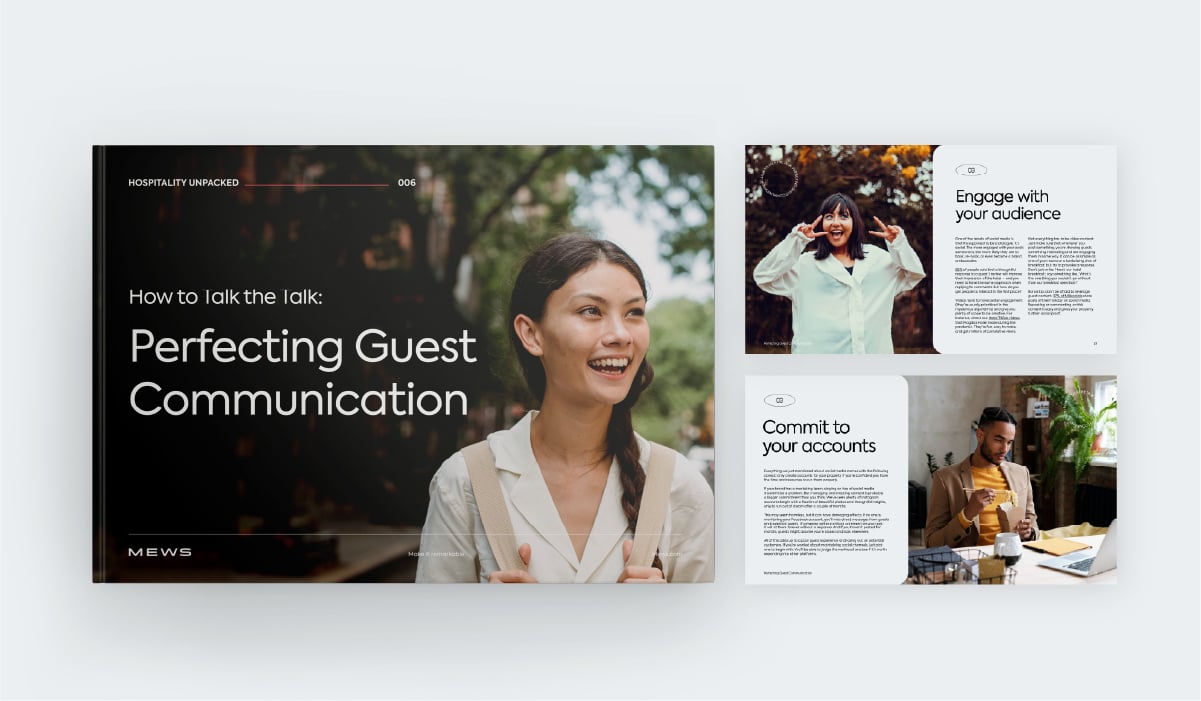
Social media is only one part of your bigger guest marketing and communication strategy. In order to be truly effective, you need to consider this bigger picture.
Our guide on Perfecting Guest Communication gives you tips about how to get social media, emails, and your website right in terms of messaging and content, and it's also packed with helpful integration ideas and inspiring success stories.
Written by

Eva Lacalle
Eva a plus d’une décennie d’expérience internationale dans le marketing, le marketing numérique, la communication et l’événementiel. Lorsqu’elle ne travaille pas, elle aime surfer, danser ou explorer le monde.



